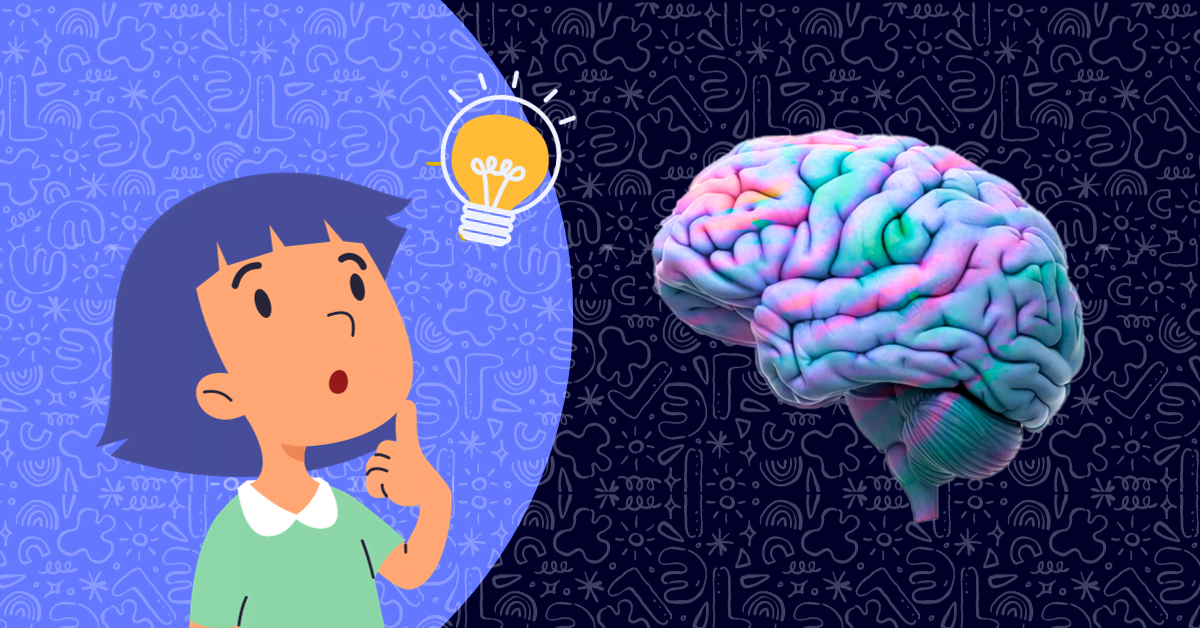
Cognitive Learning: Principles, Benefits & Real-World Applications
Cognitive learning is a psychological approach to understanding how people acquire knowledge, process information, and apply it in real-world situations. Unlike traditional learning methods, which often rely on repetition and memorization, cognitive learning emphasizes comprehension, critical thinking, and problem-solving.
This article explores the concept of cognitive learning, its principles, benefits, real-world applications, and how it differs from other learning approaches.
What is Cognitive Learning?
Cognitive learning focuses on the mental processes involved in acquiring and applying knowledge. It emphasizes understanding concepts, analyzing information, and forming connections between ideas. This learning approach encourages learners to actively engage with the material, fostering deeper comprehension and long-term retention.
The foundation of cognitive learning lies in the cognitive theory of learning, which was significantly influenced by psychologists like Jean Piaget and Jerome Bruner. They believed that learning is an active process where individuals construct knowledge based on their experiences and interactions.
Key Principles of Cognitive Learning
Cognitive learning is based on several core principles that guide how individuals learn and process information:
- Active Engagement
- Learners actively participate in the learning process, asking questions and seeking answers to enhance understanding.
- Prior Knowledge
- Learning builds on existing knowledge, allowing individuals to connect new information to what they already know.
- Critical Thinking
- Encourages analysis, evaluation, and synthesis of information to solve problems effectively.
- Knowledge Organization
- Information is better retained when it is organized into meaningful categories or frameworks.
- Feedback
- Providing constructive feedback helps learners identify areas for improvement and reinforce their understanding.
Types of Cognitive Learning
1. Explicit Learning
- Involves conscious effort to acquire knowledge, such as studying for an exam or learning a new language.
2. Implicit Learning
- Occurs unconsciously, often through observation and experience, like learning social norms or picking up a new skill.
3. Meaningful Learning
- Focuses on understanding the meaning of concepts rather than memorizing facts, enabling long-term retention.
4. Discovery Learning
- Encourages learners to explore and find solutions on their own, fostering creativity and independence.
Benefits of Cognitive Learning
1. Improved Comprehension
- Cognitive learning promotes a deeper understanding of concepts, making it easier to apply knowledge in various contexts.
2. Enhanced Retention
- By forming connections between ideas, learners are more likely to retain information over the long term.
3. Critical Thinking Development
- Encourages learners to analyze, evaluate, and synthesize information, improving problem-solving skills.
4. Adaptability
- Equips learners with the ability to adapt knowledge to new situations and challenges.
5. Active Participation
- Engaging actively in the learning process increases motivation and interest.
Applications of Cognitive Learning
Cognitive learning has widespread applications across various fields, including education, business, and personal development:
1. Education
- Cognitive learning strategies are used to improve student engagement, critical thinking, and comprehension.
- Examples: Interactive learning, project-based learning, and flipped classrooms.
2. Corporate Training
- Organizations use cognitive learning methods to train employees, focusing on problem-solving, decision-making, and innovation.
- Examples: Simulations, case studies, and collaborative learning sessions.
3. Personal Growth
- Helps individuals develop lifelong learning habits and adapt to new challenges.
- Examples: Learning new skills, self-reflection, and personal goal setting.
4. Therapy and Counseling
- Cognitive learning techniques are used in Cognitive Behavioral Therapy (CBT) to help individuals reframe negative thought patterns and improve mental health.
How Cognitive Learning Differs from Traditional Learning
| Aspect | Cognitive Learning | Traditional Learning |
|---|---|---|
| Focus | Understanding concepts and critical thinking | Memorization and repetition |
| Learning Style | Active participation | Passive listening |
| Retention | Long-term retention through comprehension | Short-term retention through rote memorization |
| Teaching Approach | Encourages exploration and problem-solving | Teacher-centered lectures |
| Application | Adapts knowledge to real-world situations | Limited to specific contexts |
Cognitive Learning Strategies
To implement cognitive learning effectively, consider the following strategies:
1. Use Real-World Examples
- Relate new information to practical scenarios to enhance understanding.
2. Encourage Active Participation
- Engage learners through discussions, group activities, and hands-on experiences.
3. Organize Information
- Present information in structured formats, such as charts, diagrams, or outlines.
4. Provide Feedback
- Offer constructive feedback to help learners improve and reinforce their knowledge.
5. Promote Reflection
- Encourage learners to reflect on what they’ve learned and how they can apply it.
Cognitive Learning in the Digital Age
With the advent of technology, cognitive learning has evolved to include digital tools and platforms that enhance the learning experience:
- E-Learning Platforms
- Online courses and interactive tutorials make learning accessible and engaging.
- Gamification
- Using game-like elements, such as points and badges, motivates learners and improves retention.
- AI-Powered Learning Tools
- Personalized learning paths and adaptive quizzes cater to individual learning needs.
- Virtual Reality (VR)
- Immersive experiences help learners grasp complex concepts through simulation.
Cognitive Learning Theories
1. Piaget’s Cognitive Development Theory
- Explains how children develop cognitive abilities through stages, from sensory experiences to abstract reasoning.
2. Vygotsky’s Social Development Theory
- Emphasizes the role of social interaction in cognitive development.
3. Bloom’s Taxonomy
- A framework for categorizing educational goals, from basic knowledge acquisition to higher-order thinking skills.
Challenges in Cognitive Learning
Despite its advantages, cognitive learning comes with challenges:
- Time-Intensive
- Requires more time and effort compared to traditional methods.
- Resource-Dependent
- May need specialized tools, materials, or technology for effective implementation.
- Individual Differences
- Learners with varying cognitive abilities may require personalized approaches.
Conclusion
Cognitive learning is a powerful approach that goes beyond rote memorization, emphasizing understanding, critical thinking, and application. By fostering active engagement and problem-solving skills, it equips learners to adapt to real-world challenges and excel in various domains.